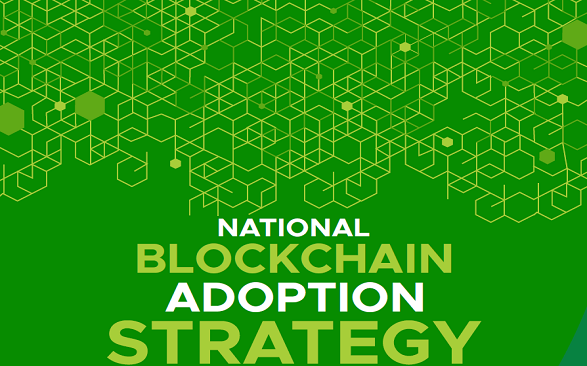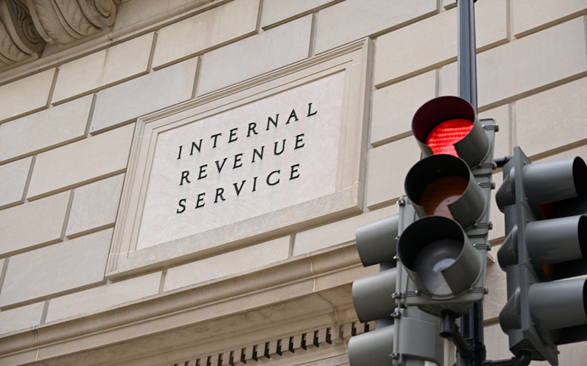Introduction
The Stakeholders in Blockchain Association of Nigeria (SiBAN)—a self-regulatory body in Nigeria’s emerging blockchain industry—has intervened in a matter involving one of the world’s leading crypto exchanges, Binance, and some of its aggrieved Nigerian users. The aggrieved Nigerian users took to Twitter last week with the hashtag #binancestopscamming. This was a way of expressing their grievances arising from the use of its platform.
According to the public statement released by SiBAN on 31 January 2022, the hashtag was initiated on the night of Wednesday 26 January 2022, which came to the knowledge of SiBAN. Being concerned about the development, the association had some of its representatives in the Executive Council, led by the President, participate in the Twitter Space meeting which was put together by the aggrieved users. According to the report released by the association on Monday, 31 January, 2022, “[T]his was to enable us to have a first-hand understanding of their grievances against Binance and hopefully encourage these aggrieved users to consider a possible amicable resolution of the issue upon SiBAN’s intervention.”
During the Twitter Space meeting which lasted for over 4 hours, the SiBAN President briefly addressed the aggrieved users, and made an effort to make them understand why Binance may have taken the actions it took, typically due to compliance. He also encouraged the aggrieved users to explore engagements between themselves and Binance towards a possible resolution of all issues that were raised in a measurable and timely fashion.
A further meeting was held between SiBAN and Binance representatives; and subsequently between SiBAN, Binance, and a representative of the aggrieved users on Thursday 27 January 2022, after which a list of demands by the aggrieved users was compiled by SiBAN. The list submitted to Binance for its consideration.
As stated in the report, “[S]ummarily, the aggrieved users’ demand is that Binance must appropriately, transparently, and timeously resolve all outstanding issues affecting the hundreds of Binance accounts which have been blocked or restricted for one reason or the other, or without any reasons given at all.”
Binance quickly organized an AMA on YouTube on the same day, 27th January, 2022, led by Binance Africa Director, Emmanuel Babalola—a Nigerian—which gave Binance an opportunity to respond to the list of demands read out at the AMA. Babalola clarified Binance’s actions and undertook to address all the issues raised, promptly. He emphasized that Binance is an exchange that must comply with applicable AML/CFT regulations in order to keep its platform safe for its users.
On this note, SiBAN made the following appeal to the aggrieved users: “We therefore appeal to and encourage all aggrieved users to freshly complete and submit the Binance Account Resolution Form circulated by Binance. Please give it some time for Binance to review your submitted form. Meanwhile, SiBAN will be monitoring the process. Any complaint—should your issue remain unattended—may be sent to polreg@siban.org.ng.”
The association further emphasized that “[i]n SiBAN’s engagements with Binance throughout this period, Binance’s leadership—both in Africa and HQ—has demonstrated accountability and transparency by assuring us as well as its users that Binance has put the necessary processes in place to ensure that the matters raised are treated as fairly, transparently, and timeously as possible. As a self-regulatory body in Nigeria’s blockchain & crypto industry, SiBAN appreciates Binance’s commitment to resolving this matter”. Emmanuel Babalola, Binance Africa Director, has continued to follow up with the team to ensure that each case is treated appropriately.
“We also expect this level of collaboration and cooperation with SiBAN from other virtual asset service providers (VASPs), whether local or foreign. We understand that what is happening with Binance and its Nigeria users today is not unique to Binance as a crypto exchange and P2P platform. A number of VASPs also face the same challenges in varying degrees. This is why it is important that as players in the Nigeria blockchain & industry, we must all—as much as we can—find common grounds to responsibly address what affects everyone: crypto transaction risks and need for anti-money laundering compliance by VASPs.
“SiBAN also appreciates the willingness of the aggrieved Nigeria users to explore engagements with Binance for possible resolution of the issues. The aggrieved users have also demonstrated willingness to cooperate with the ongoing process, given Binance’s commitment to set up a taskforce that will treat all affected Binance users’ accounts. If you are one of those affected, simply complete and submit the form that has been made available by Binance”.
On a final note, SiBAN pointed out the need for all users to protect themselves and the Nigeria blockchain & crypto industry from illicit transactions and bad practices. According to SiBAN, “[t]he present Binance Nigeria issues has brought to the fore the growing need for all players in the space—local or global, individual or corporate—to take seriously issues bordering on fraud and anti-money laundering in the growing crypto market. All users—particularly P2P as well as over the counter (OTC) crypto traders—must conduct due diligence. Ensure that you adhere to KYC compliance requirements and adopt risk management. Imbibe best practices. When suspicious about any transaction, ask questions. When unsure, seek advice.”
The efforts made by SiBAN and all interested parties, including the aggrieved Binance users, may have gotten the right attention as Binance, on 29 January 2022, responded with “A Letter From Our CEO To Nigerians: Our Commitment To User Protection”. In the letter which was addressed to “Dear Nigerian Binancians”, the CEO, Changpeng Zhao (“CZ” as he is often called) revealed the fact the “[N]igerian community is one that brings me great pride. Since the inception of Binance, Nigeria and Africa at large have been very special markets to us and for crypto. On hearing the concerns raised by the community, I decided to write to re-emphasize our commitment to you”.
CZ informed that “[S]ome 281 Nigerian accounts have been affected by these personal account restrictions with approximately 38% of these cases restricted at the request of international law enforcement…Ensuring speedy resolutions of ongoing user cases tied to account restrictions: Currently, we have resolved 79 cases and continue to work through others. All non-law enforcement-related cases will be resolved within two weeks.”
CZ sincerely apologised for inconvenience faced by customers as a result of the delay in responding to their requests. He stated that security remains the company’s top priority, and they must ensure that Binance users are safe. He went on to say that, “[p]rotection mechanisms such as KYC, anti-money laundering measures, collaboration with law enforcement, and account restrictions are in place to ensure our community remains protected and that fraudulent activity is prevented. This is a global approach applied in every country.”
The letter closed with the assurance that the aggrieved Nigerian users should, “[r]est assured, we are working hard to attend to all customer service requests”.
SiBAN, founded in 2018, promotes blockchain awareness and advocacy, and also ensures consumer protection and safeguards against scams through self-regulatory mechanisms while also collaborating with regulators concerning policy and regulations.
Discover more from Crypto Asset Buyer
Subscribe to get the latest posts sent to your email.




